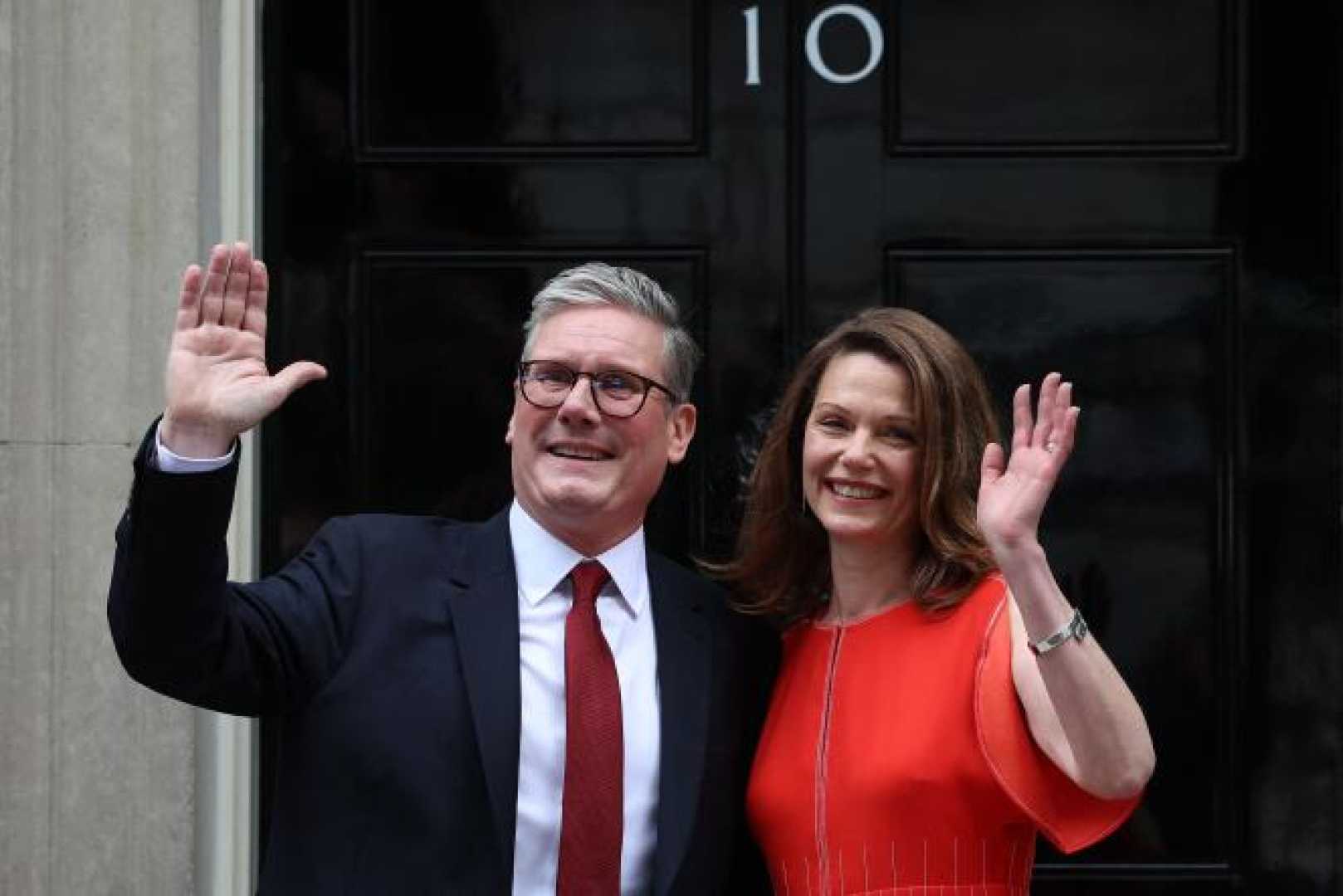Politics
Keir Starmer’s Leadership Reset: Internal Challenges and New Appointments

Keir Starmer, Leader of the Labour Party, has recently made significant changes within his team in an effort to address challenges that have emerged during his administration. Following a substantial electoral victory in July, Starmer found himself facing internal discord and public scrutiny over issues within his government, which led to a reshuffle of his top aides.
One of the focal points of this reshuffle was the departure of Sue Gray, who had served as Starmer’s chief of staff. Gray, a seasoned civil servant, was a central figure in Labour’s transition to power. Her tenure, however, became marked by reported internal tensions, most notably with Morgan McSweeney, who has now been appointed as Starmer’s new chief of staff.
Sue Gray, known for her work leading the investigation into the ‘partygate’ scandal, was tasked with overseeing Labour’s shift to government leadership. Despite her extensive experience, Gray faced criticism from within the party, with some blaming her for perceived missteps during Labour’s first 100 days in office.
The reshuffle has placed McSweeney, a close ally of Starmer, into the position of chief of staff. McSweeney played a crucial role in Starmer’s electoral strategy, helping guide Labour to their recent electoral victory. His appointment is viewed as a move to consolidate control within Starmer’s team and is welcomed by several insiders who believe this change will bring a unified direction to the administration.
The replacement of Gray was somewhat abrupt and has left Starmer open to further scrutiny regarding his leadership approach. Many see this change as a commitment to tightening leadership operations amid growing challenges. However, it also places additional pressure on Starmer to define and communicate a clear governmental vision, something critics argue has been lacking.
Labour supporters and internal figures, such as Stewart Wood, a Labour peer, have expressed optimism about the new appointments. Wood commented on the necessity of having a “political spine” present within the leadership team, implying the reshuffle was a long-overdue move to streamline operations.
Despite these efforts, some within Labour remain wary. The legacy of internal strife and low election turnout needs addressing, and Starmer’s administration is expected to solidify its narrative as it heads into its first significant budget review later this month. Strategic communication, as guided by newly appointed deputies Jill Cuthbertson and Vidhya Alakeson, is one area receiving particular focus.
As the government continues to navigate these challenges, McSweeney’s lack of Whitehall experience and reliance on a small inner circle could pose risks. However, supporters are optimistic that his expertise in campaign strategy will translate effectively to governance, influencing key policy development and securing Labour’s political aims.












